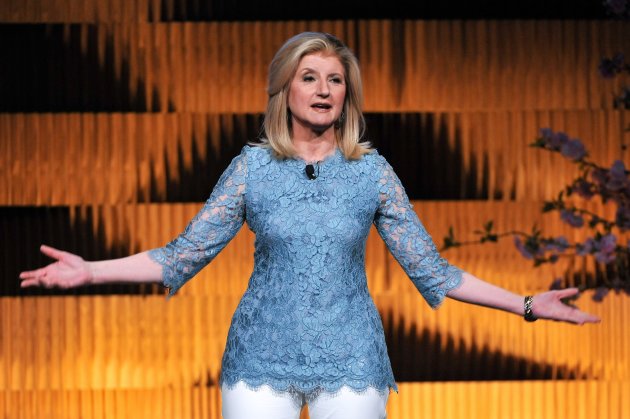Weather
Whistler
Change location
Whistler
Change location
-

13 °F | °C Cloudy
17°C High 11°C Low -

Today 14 °F | °C
17°C High 11°C Low -

Tomorrow 11 °F | °C
15°C High 7°C Low -

Wednesday 14.5 °F | °C
22°C High 7°C Low
Quotes Yahoo Finance
Markets
My Portfolio
- CAD/USD
- 0.92
- 0.10%
- S&P/TSX
- 15,625.73
- 0.43%
- S&P/TSX Capped D…
- 879.99
- 0.30%
Horoscopes Yahoo Celebrity
-
Virgo
8/23-9/22Your heart is stronger than your head today -- which could be quite an advantage! If nothing else, you may find that you can see emotional issues for what they really are. Stay calm!


















No comments:
Post a Comment